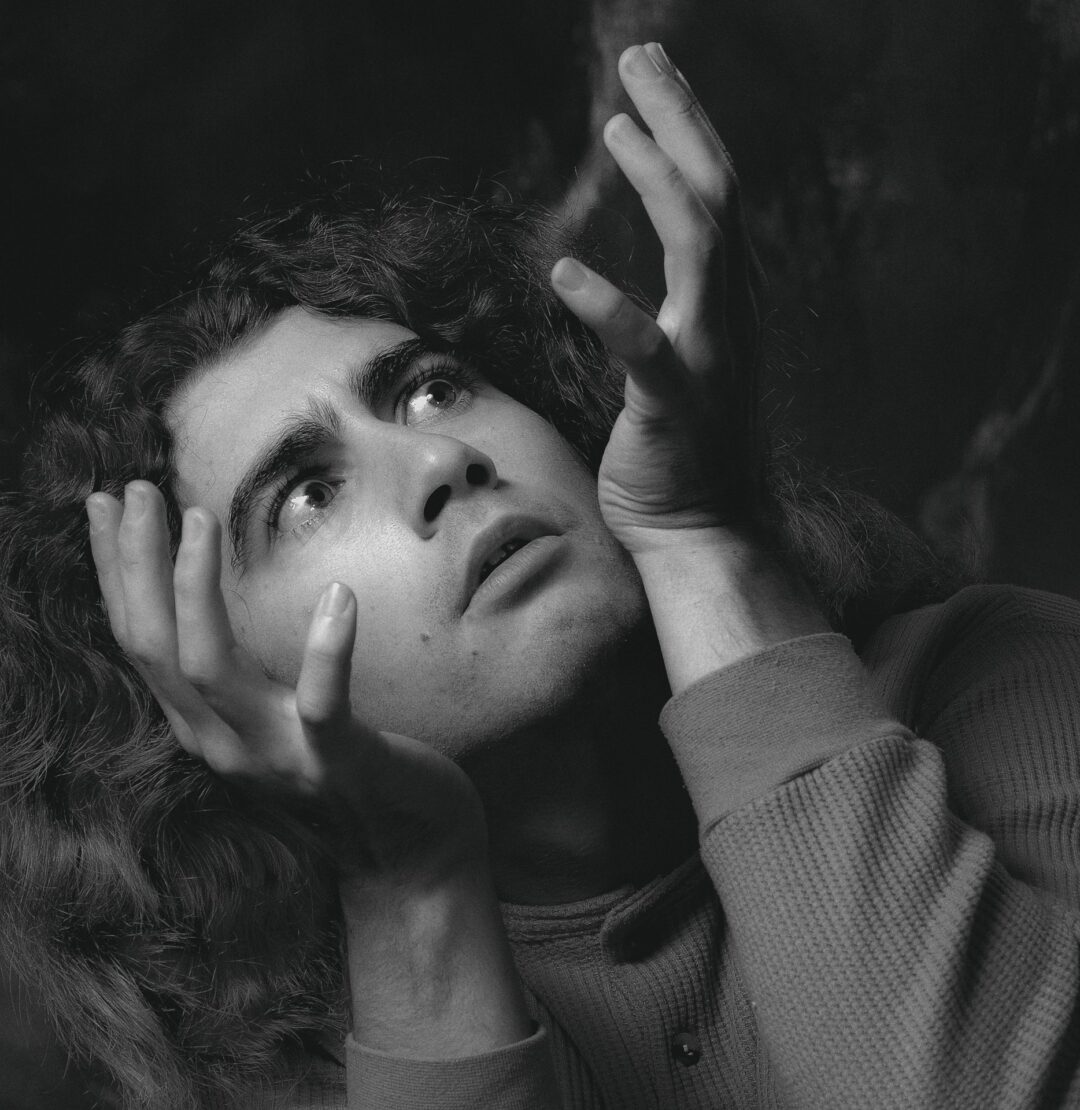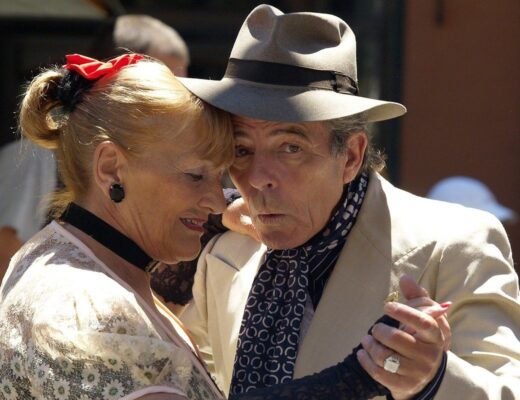As an actor, I bet, at some point, you’ve said: “I don’t know what to do with my hands!”
If you haven’t, then I’m sure you’ve heard another actor say it.
Now, there are many ways our hands like to operate in this context.
They like to flap about, pretend they’re a T-Rex, go into mime mode, or freeze in unnatural ways.
Our bodies, especially if we’re not terribly aware of them, like to run riot sometimes.
It happens to everyone, actor or not.
The key is our bodies are kind of incredible.
See, we’re energy-producing creatures.
Our “movement produces kinetic energy, which can be converted into power.”
Which is absolutely brilliant!
And, one way or another, that energy, that power, has gotta get out.
The energy’s gotta get out
When we’re learning how to act, say in school, a workshop, or on the job, be it on stage or in front of a camera, chances are, we’re nervous and maybe a bit excited.
Either nerves or excitement, that energy has to find a way to exit the body. And it can sometimes happen when we don’t even know it.
It’s why body awareness is so important for actors. You can read more about that here.
See, if we don’t allow this energy to flow, to work with it, it builds up and finds its way out.
Some ways it may do that is:
- Bouncy-knees
- Tapping feet
- Fast flying hand gestures
- Pacing
- Finger wiggling
The list goes on.
Now, back to those hands of yours.
They’re the tip of your extremities, right? Upper extremities, to be exact, as they’re connected to your arms.
(Now, this applies to those who suffer from wandering feet, the tip of the lower extremities: your legs.)
As nervous energy likes to tumble out of our bodies, a way to work with this is to relax or release said energy.
(Pro tip: If you’re playing a nervous or excited character, it helps to channel the nerves you’ve already got.)
Having a short routine or ritual before a performance, whether it’s for an audition or a scene study class, that releases some of that nervous energy that’s building can help lessen those hands from lifting off on their own.
Some examples of such rituals are:
- Box breathing
- Meditation
- Body scan
- Jogging in place
- Shaking it out (kinda like this)
Another option is to shift that nervous mindset towards excitement.
Nerves vs. excitement
From a psychological standpoint, anxiety or nerves and excitement are very similar.
In how our bodies respond, that is.
At times, it can be hard to tell the difference.
And sometimes, they happen at the same time.
Sure, you’re nervous about an audition, but you may also be excited because you get to perform. You love this monologue/scene and are excited for the potential opportunity of working on the project.
I’m thinking of Little Red Riding Hood song I Know Things Now from Into the Woods, where she’s recounting her run-in with the wolf and says:
“Once his teeth were bared,
Though, I really got scared-
Well, excited and scared!”
So, if anxiety or nerves and excitement operate similarly in the body, how does that help us with uncooperative hands while acting?
Working with the energy
If you’ve tried one or all of the tools listed earlier, such as box breathing, and they’re not working as well as you’d like, it can help to focus on the energy of the character you’re playing.
By working with your character’s psychological makeup from all the script analysis you’ve done, can inform how your whole body moves, especially your hands.
I love this quote from the Acting School of Scotland, “…have a psychological action to do as we speak.”
Think about how this character would have their hands.
Folded calmly in their lap or on a desk?
Perhaps they do gesture a lot. But, be specific. What kind of gestures? When?
If they move their hands, do they do it slowly or suddenly?
These types of questions can help you link these movements to your character’s personality.
And by asking other questions like this and answering them, you’ve created a basic movement signature for your character.
You’ve crafted the baseline for how their body moves.
This means you’ve also already done a lot of work to understand how your body operates differently from theirs.
And as actors, body awareness is critical.
Happy cooperative hands
So, as an example, by combining a ritual of shaking out your nerves AND having gestures logged away that are psychologically linked to your character, your hands are in a much better place to play along.
Because we want to work with our bodies, not against them.
Happy moving!




